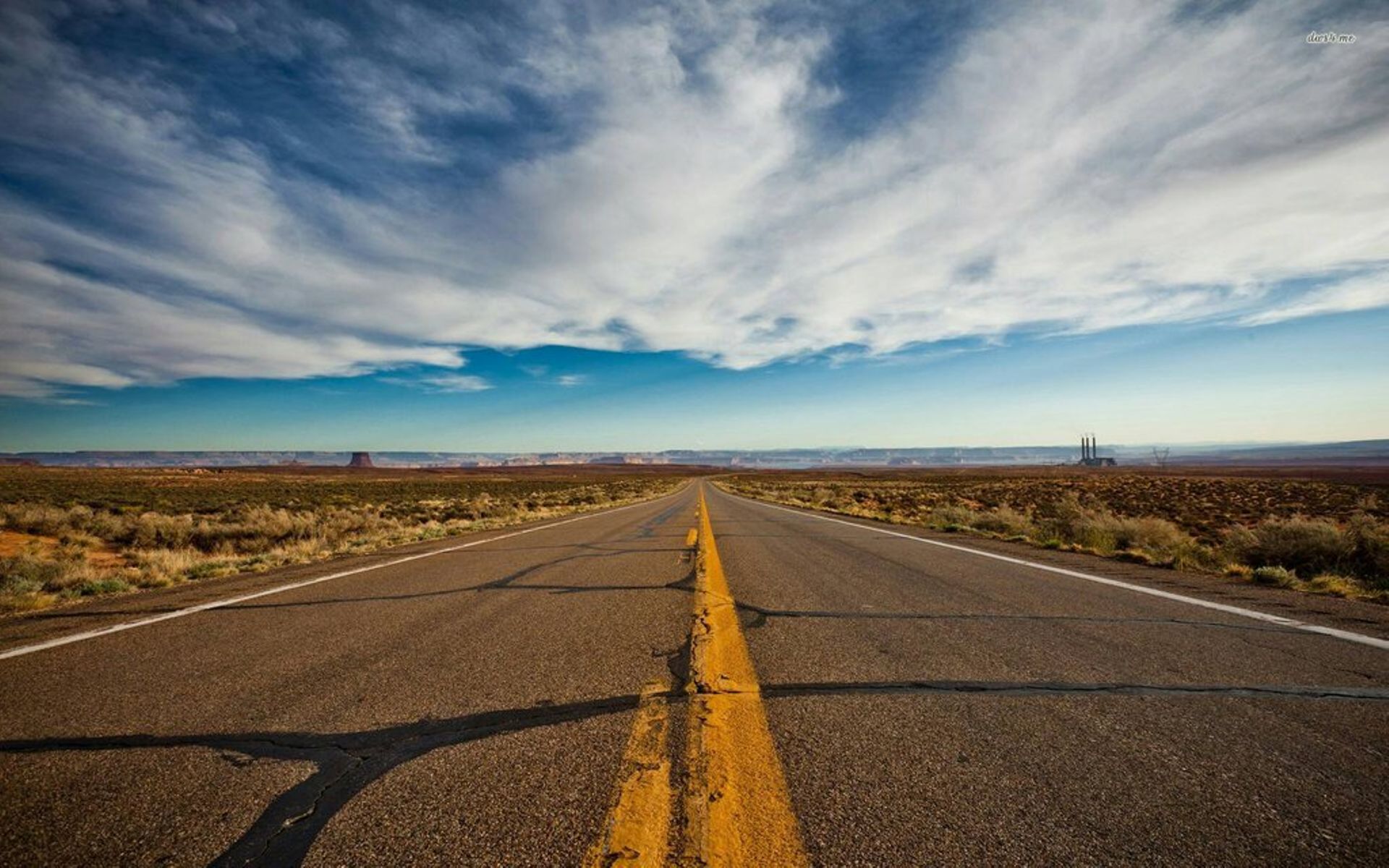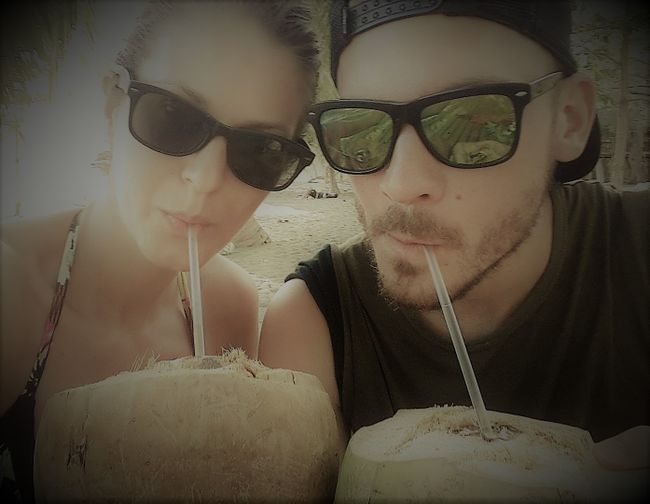Expedition to the Lost City! - Santa Marta
Pubblicato: 07.02.2018
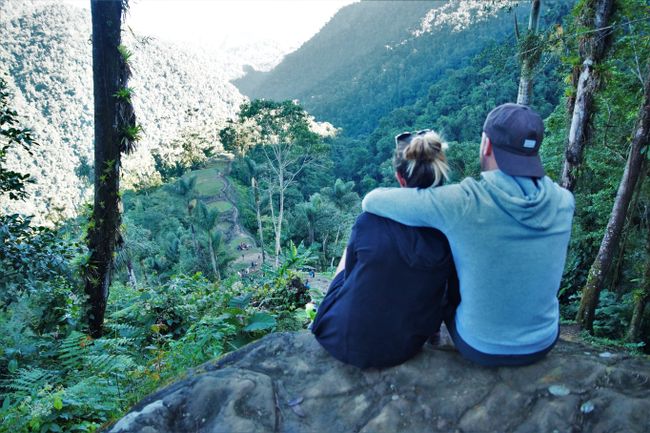
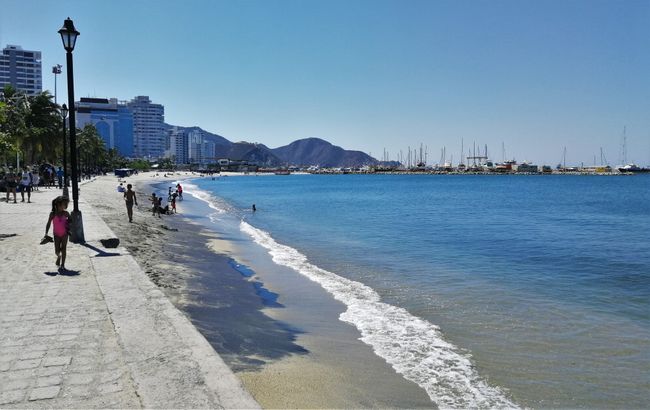
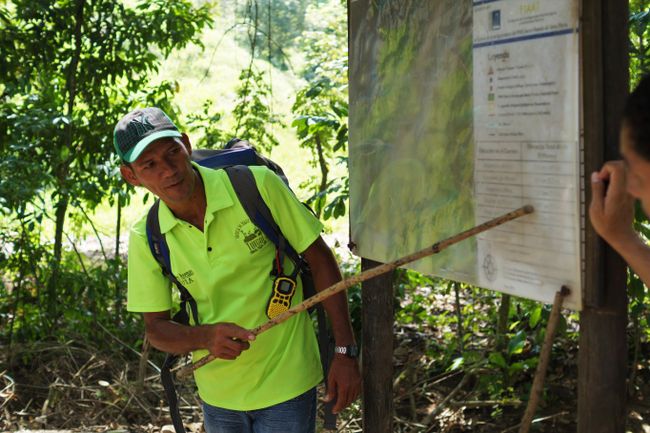
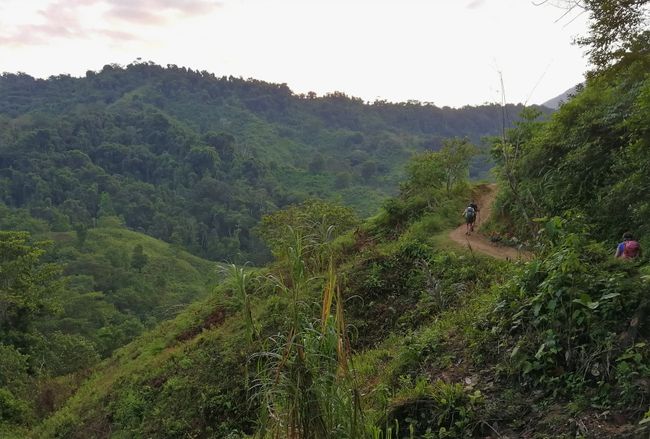
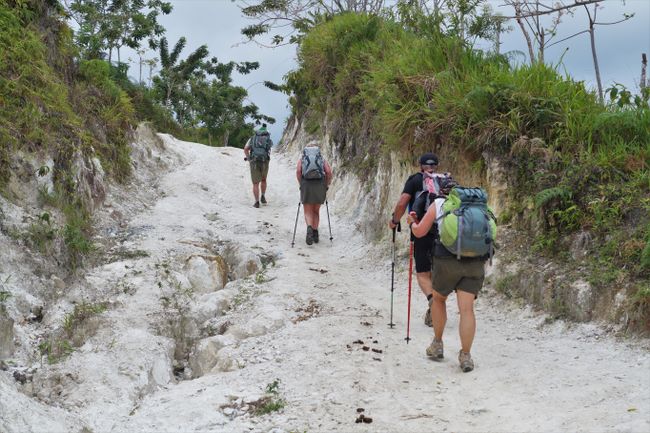
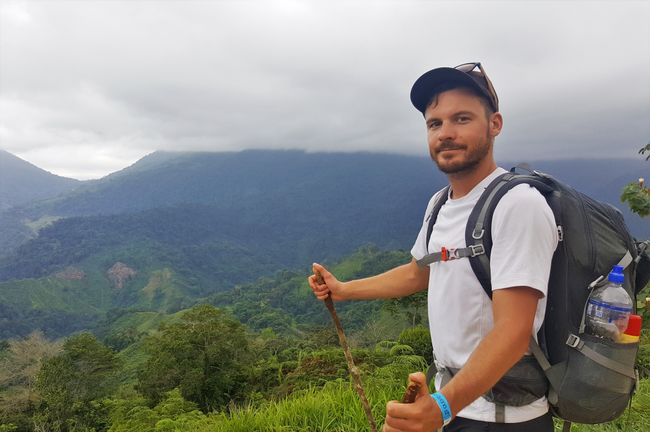
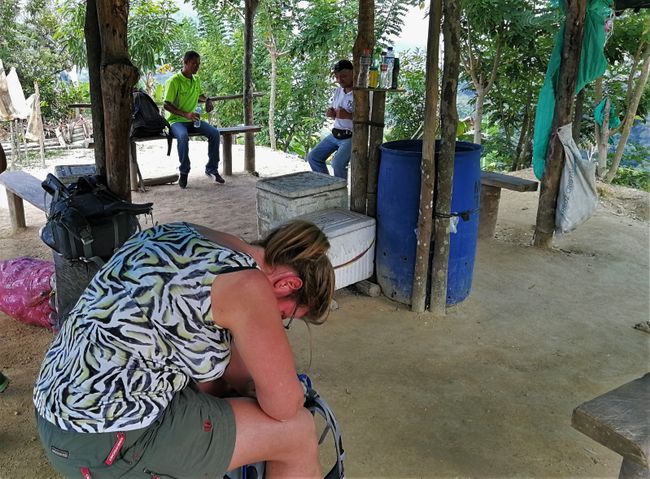
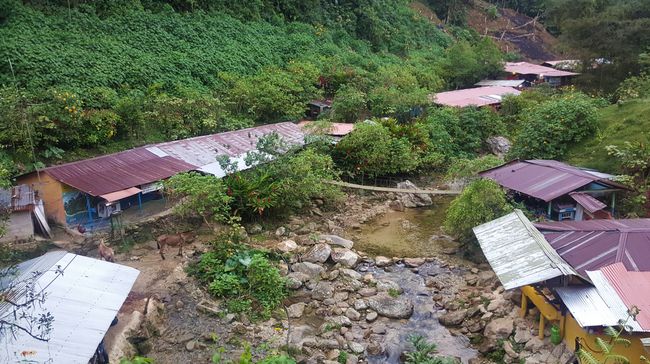
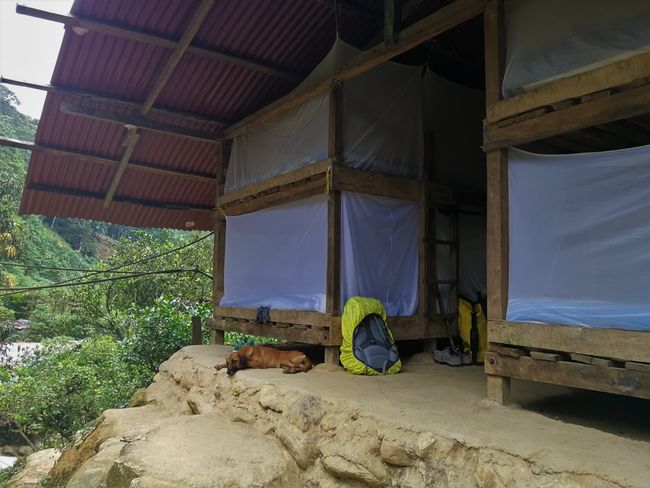
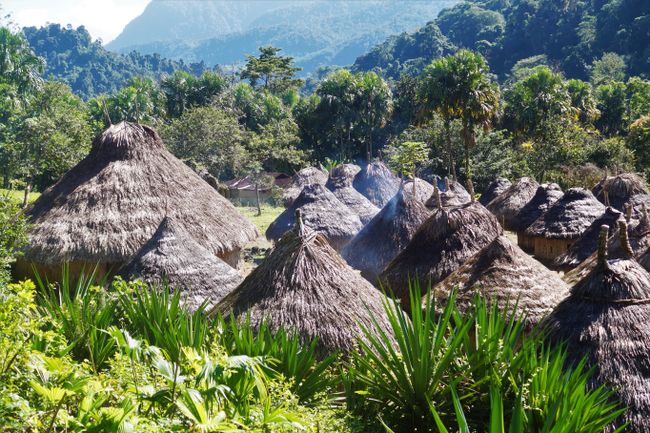
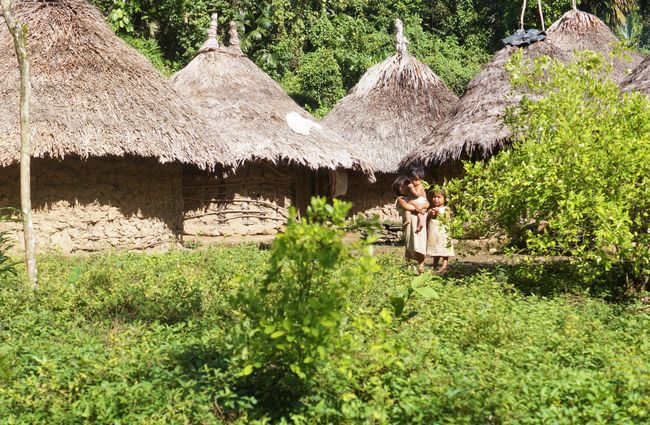
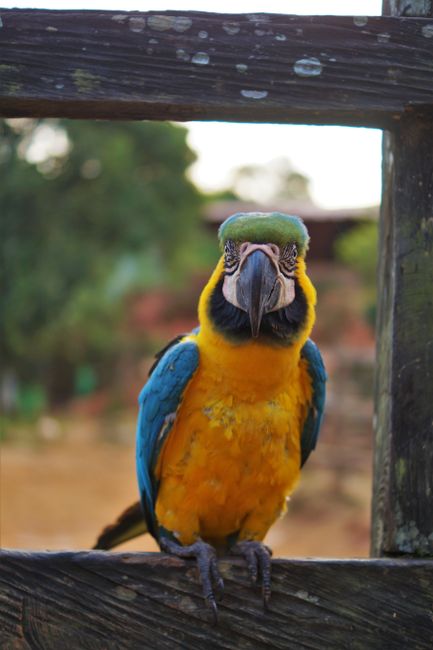
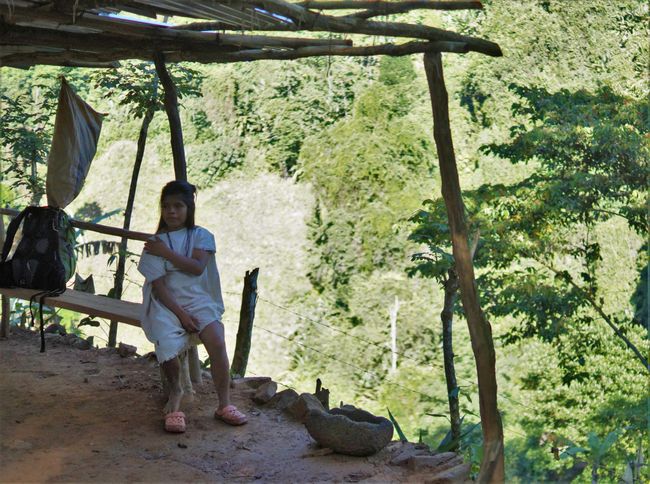
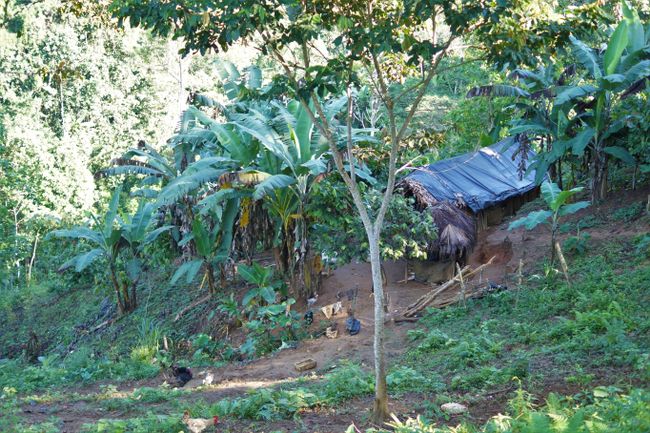
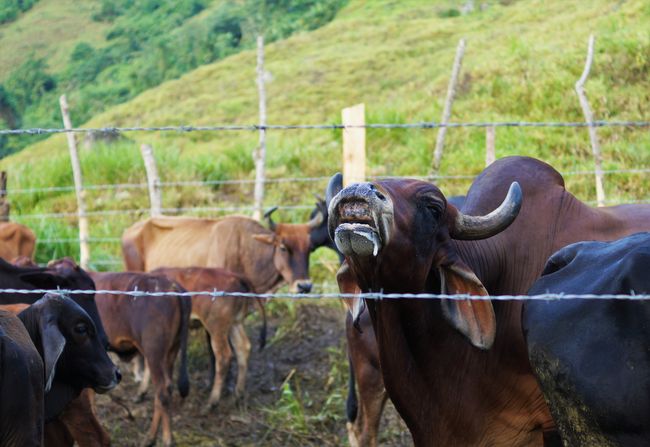
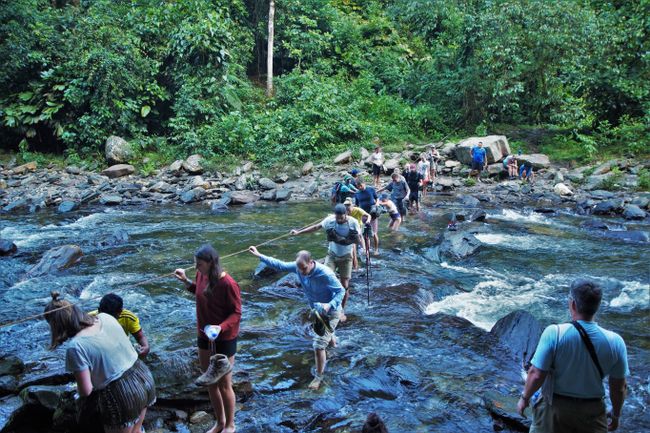
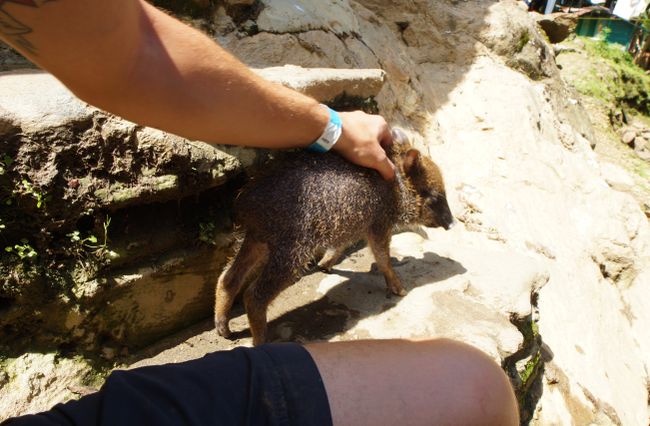
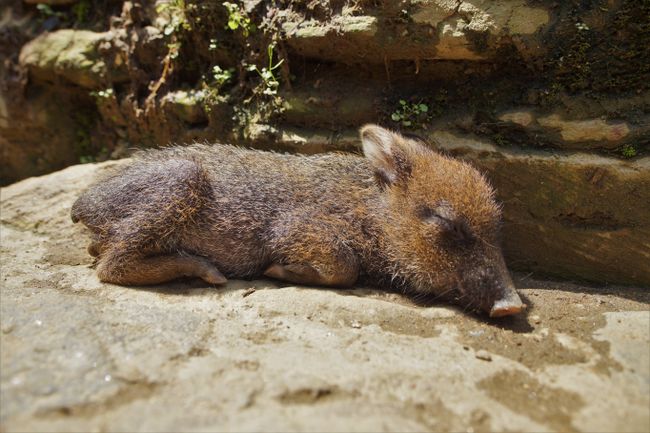
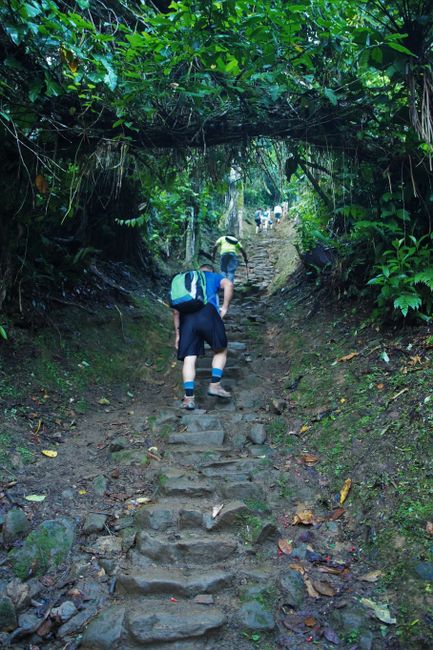
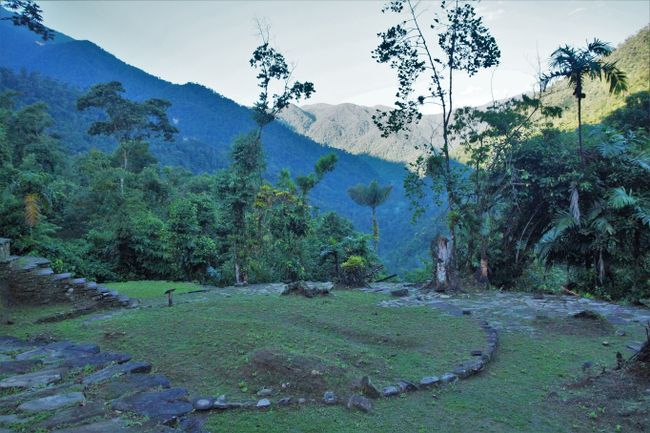
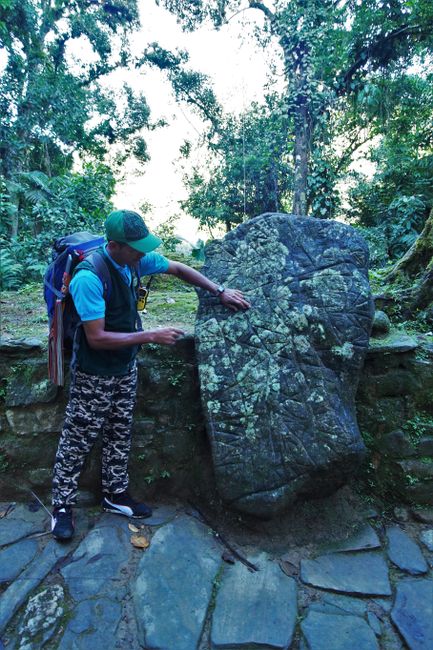
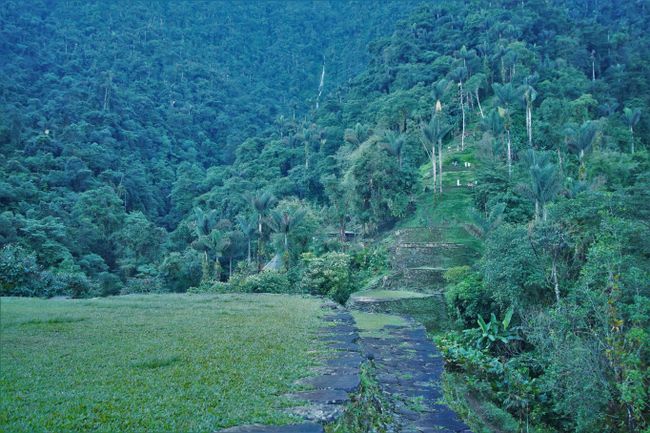
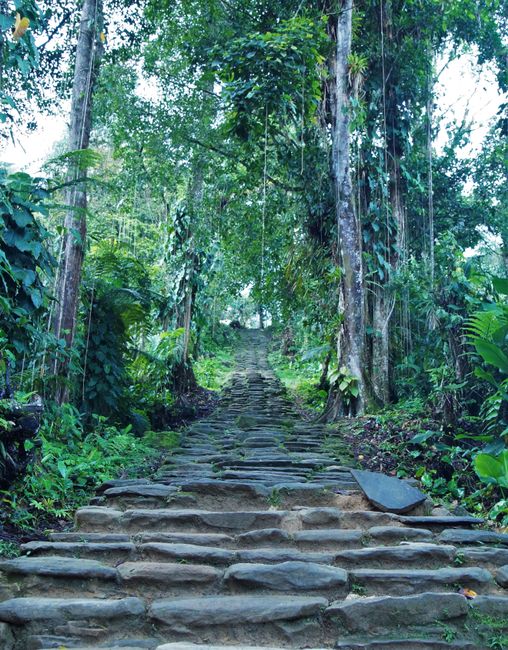
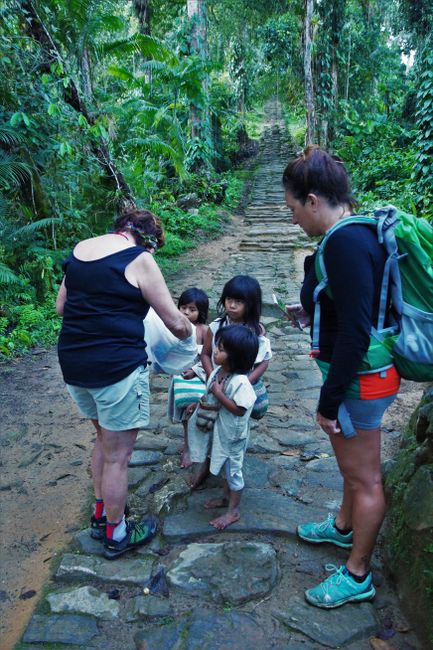
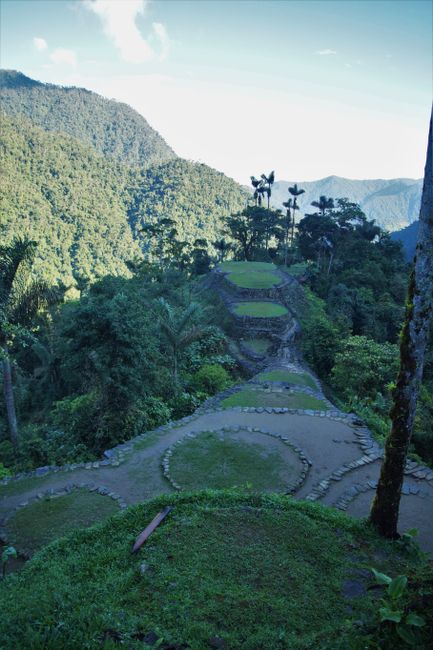
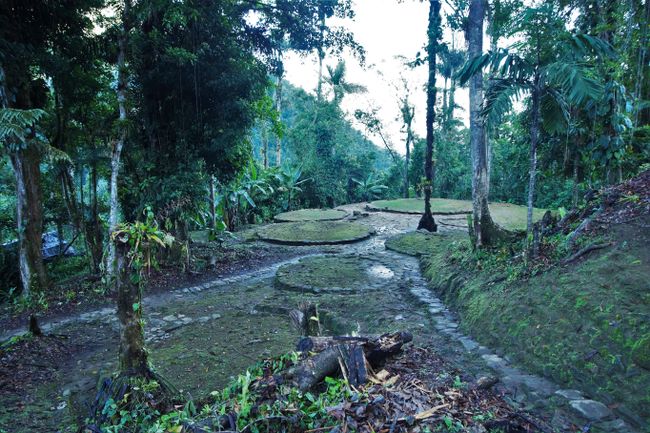
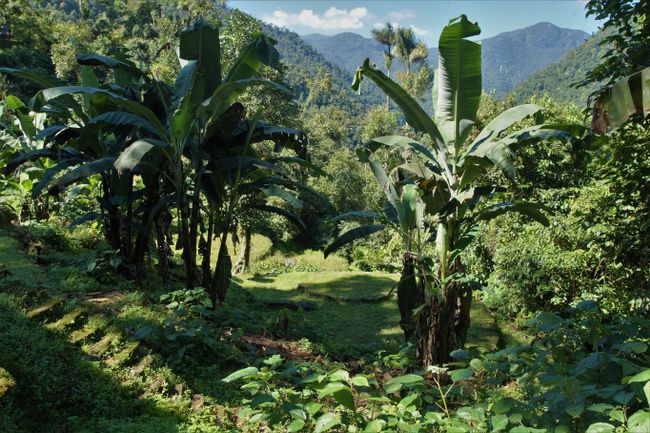
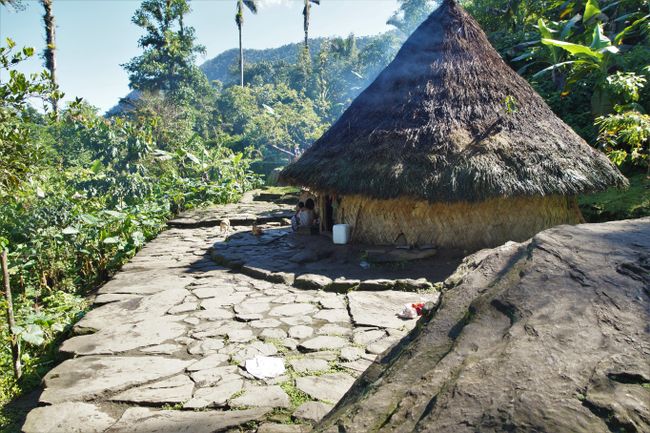
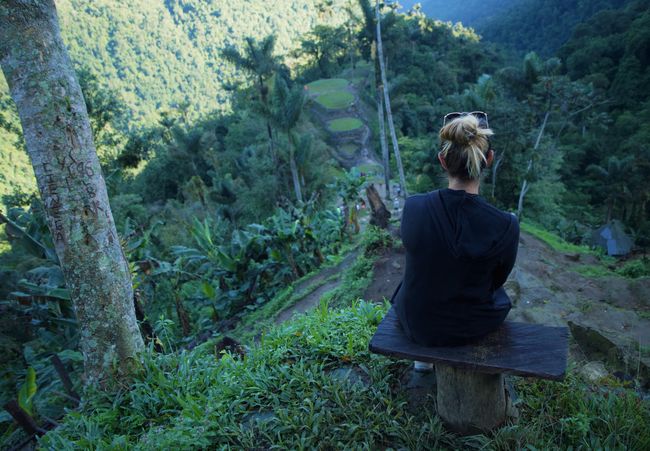
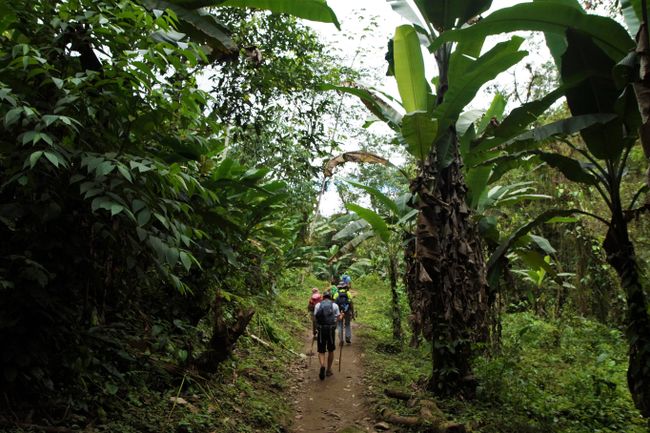
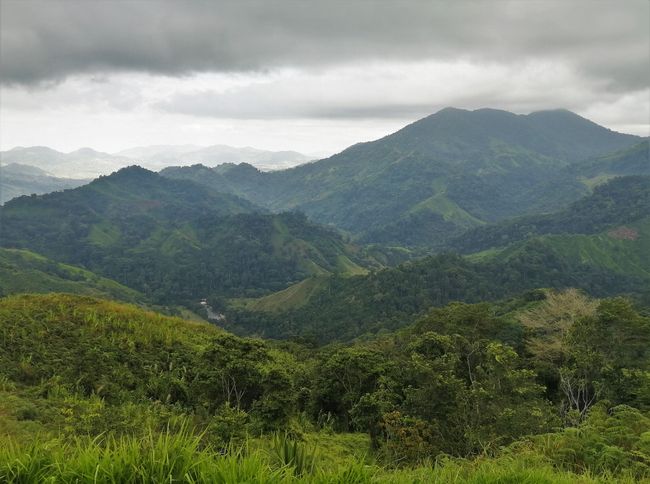
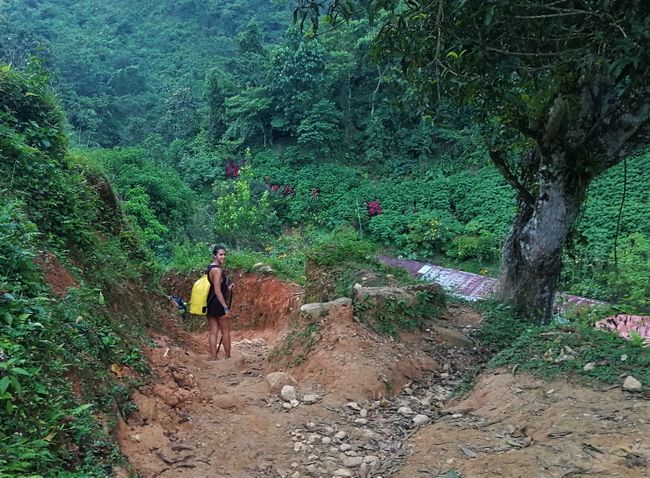
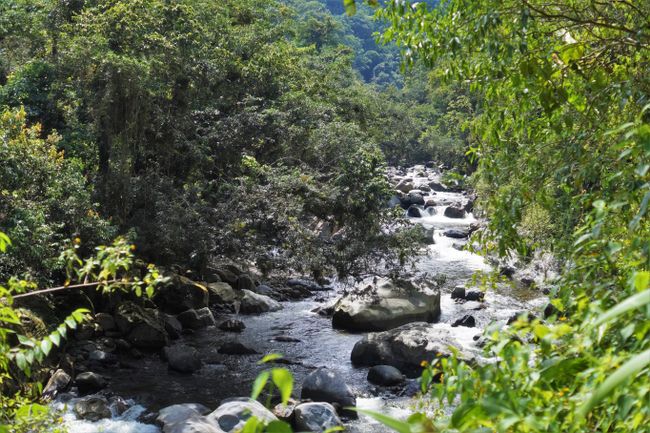
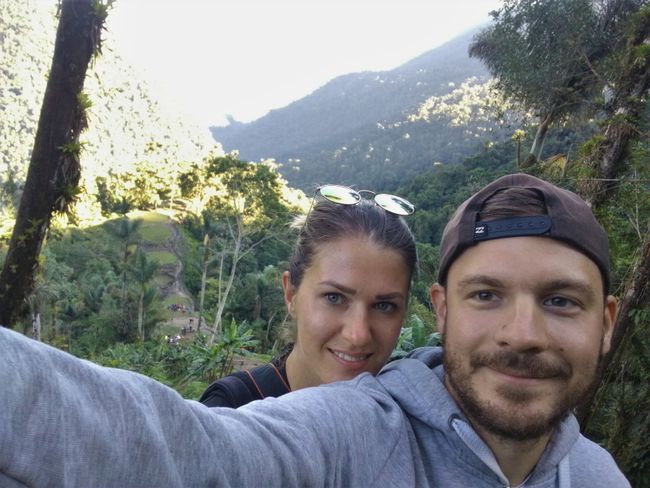
Iscriviti alla Newsletter
30/01 - 06/02
Once again we put on our damp, dirty shirts, covered our blisters on our feet, and forced ourselves to eat breakfast in the darkness with little appetite in order to get some energy. Shortly afterwards, we found ourselves on the last kilometer of a climb with over 1,200 steps. The sun was already beating down on us and a mixture of sweat, sunscreen, and insect repellent ran down our skin - but we had finally made it and reached our goal: we had arrived at the Lost City!
After a brief moment of triumph, we realized immediately - we have to walk the whole 23 km back...

After returning from Isla de San Bernardo to the port of Cartagena, we walked to our hostel where we had left our backpacks in the meantime. We were really hungry and wanted to get something to eat. Unfortunately, that didn't work out, as just two minutes after our arrival at the hostel, a lady from the transfer company stood there and picked us up for the trip to Santa Marta. On the way, we were able to get some empanadas and a small packet of chips to satisfy our hunger at least until we arrived. After the six-hour trip and a somewhat cumbersome check-in at the hostel (the receptionist was new and verrrry slow), we ate a small pizza from the pan on the rooftop terrace of our hostel and then fell into bed exhausted - a classic travel day!
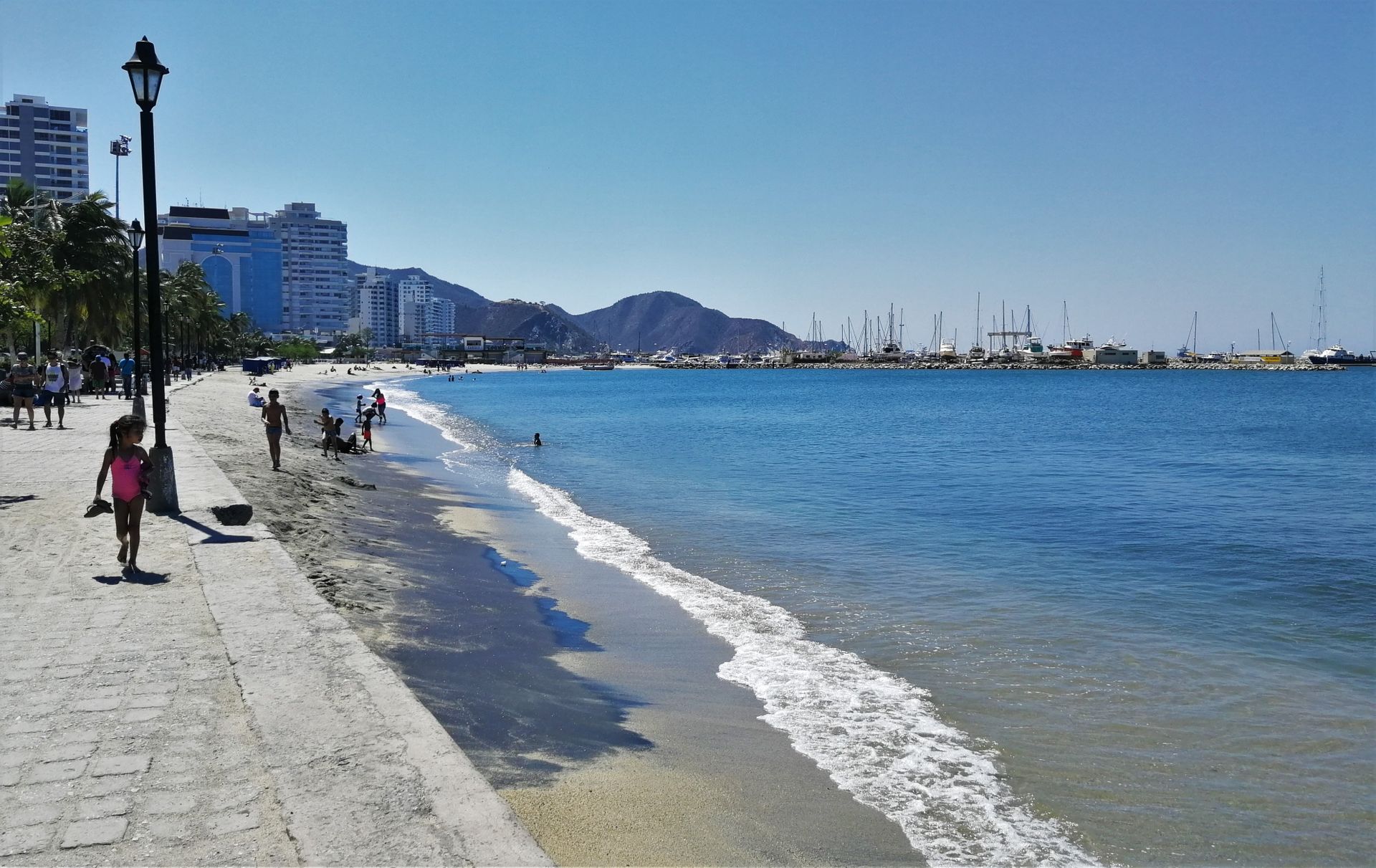
We had actually planned to use our stay in Santa Marta to explore the beautiful beaches in the Tayrona National Park, but unfortunately we found out a few days ago that it has been closed for some time. Every year at this time, the national park is closed to allow nature to recover from the tourist crowds. Therefore, not much happened in the next two days. We were still a bit exhausted from island life and wanted to relax before our next adventure. We only left the hostel when we were hungry. We took a walk through the city center and along the harbor. We realized that Santa Marta is not particularly exciting or worth seeing. It served us mainly as a starting point for the four-day jungle expedition to the Ciudad Perdida - the Lost City!
On 02/02 the adventure began - we arrived at the tour agency at 9 am. They quickly explained to us what the next few days would look like: we would hike through the jungle in a group, visit the Lost City, and then hike the whole way back on foot - a total of over 46 km. We were hoping for cool, young, and pleasant group mates, but unfortunately we ended up with the boring pensioners group. The ten of us squeezed into a jeep: next to us were two French pensioner couples, an Argentine woman, a young French woman, and a middle-aged Dutch couple. In the front row were our guide Javier and the translator Howie - a nice young local who had started the tour with a group for the third consecutive year.
First, we drove for an hour and a half on the main road out of Santa Marta, and after a short break, we followed another (very long) hour uphill on an unpaved road. I felt like I was on a roller coaster - luckily we were all squeezed together, so no one could tip over...

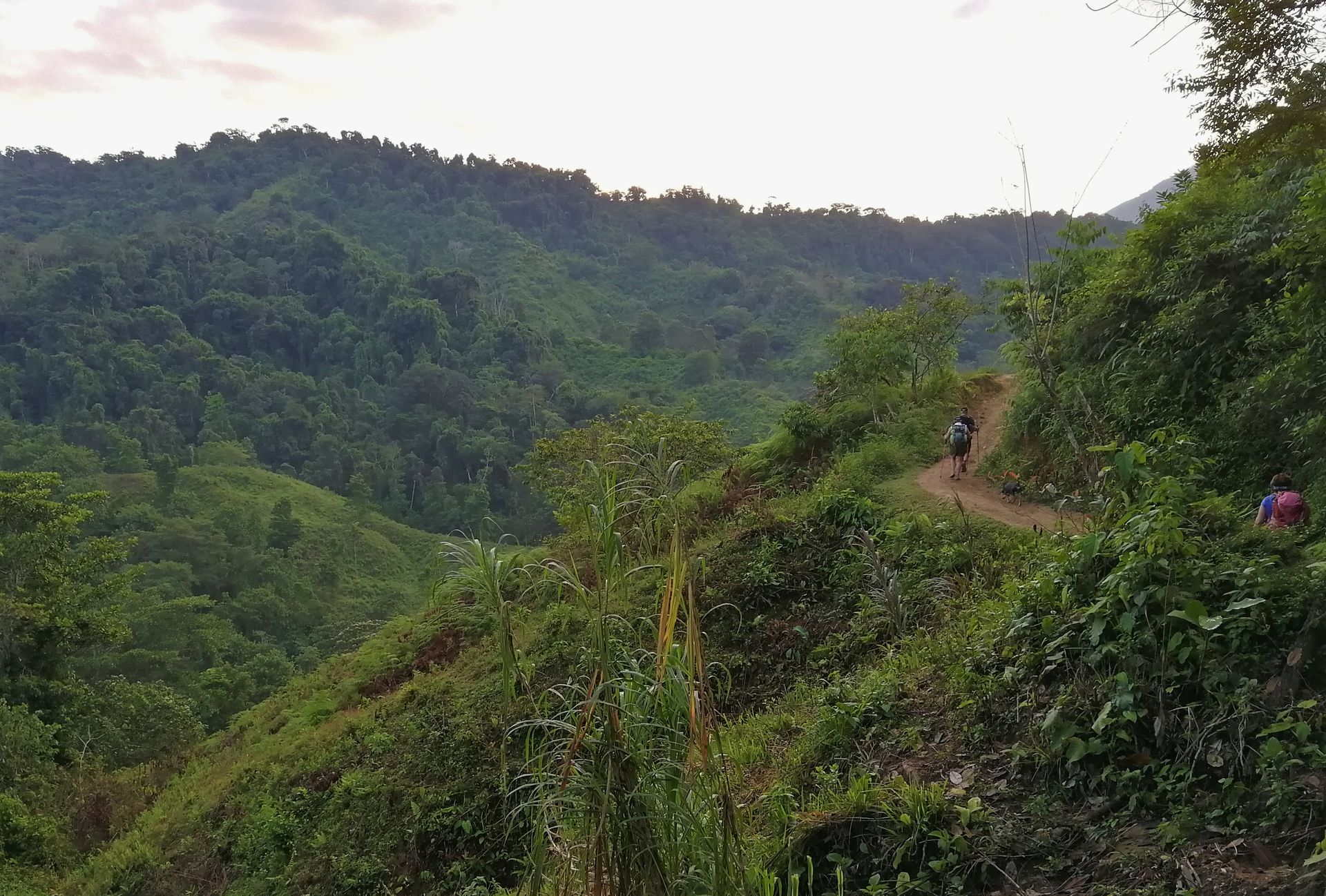
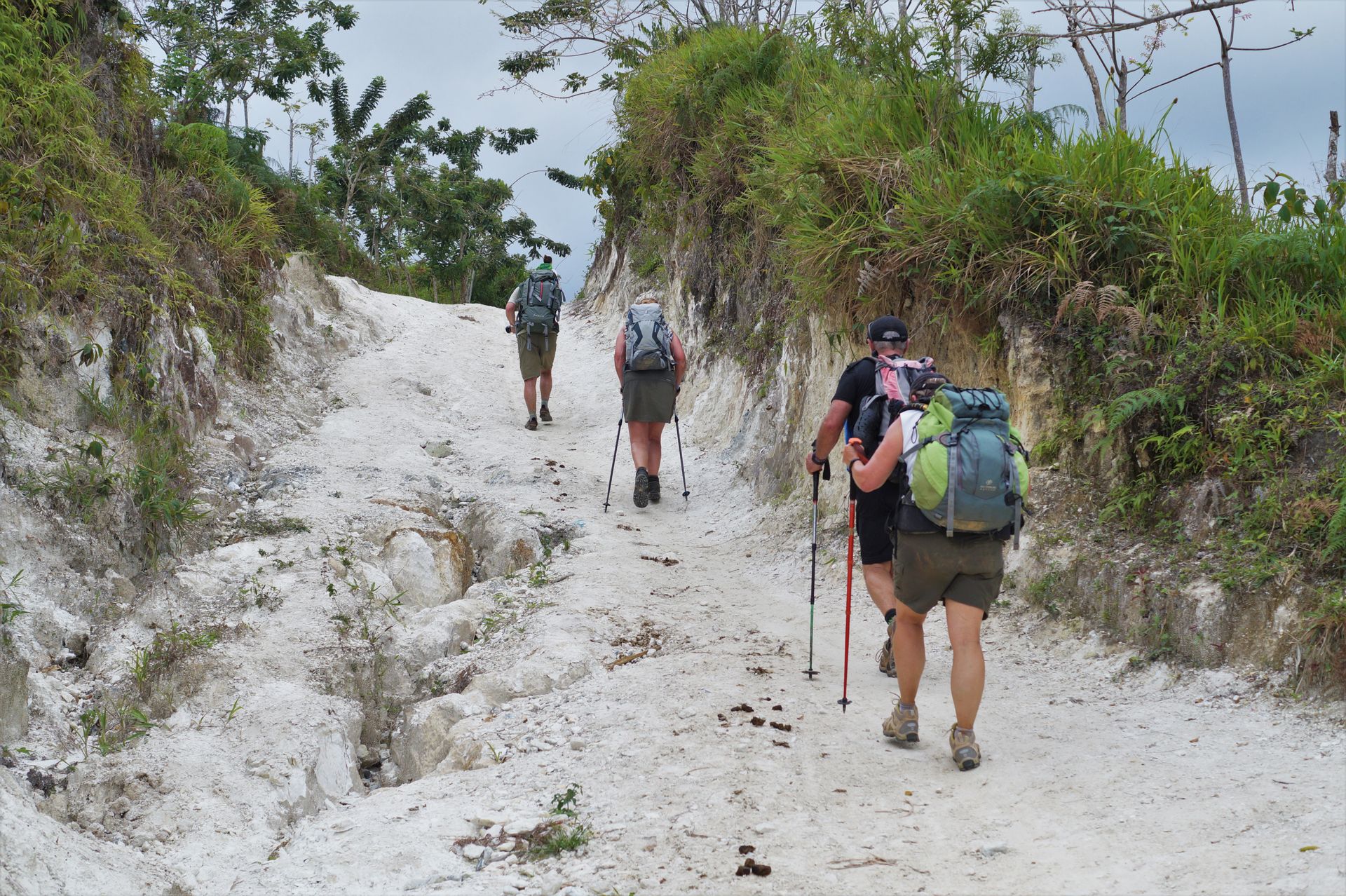
When we arrived at the starting point in the small town of Machete, we were given some food and Javier introduced himself and our upcoming program for the day. Then we set off in the midday heat. The first day included a 7.6 km hike, which was expected to take about four hours. Initially, I didn't think it would be too bad, but I quickly realized that it would be quite challenging. We had to climb a significant number of meters in altitude, and the heat combined with the humidity near 100% was taking its toll on us.
At first, the French pensioners and the initially extremely motivated Dutch woman unsettled me as they kept up with Javier's brisk pace. However, at our first stop after an hour, the Dutch woman's face was so red that I thought we would have to administer first aid immediately.

The rest of the first leg was a bit tough. I was still a bit tired from the previous day's fitness program and not fully mentally prepared for the distances ahead. Additionally, we unexpectedly started getting blisters very early on, even though we had been using our hiking shoes diligently and had never had any problems before. We had reduced our luggage to the bare minimum and packed only the essentials: for example, for the four days, I had only one T-shirt for the active part. Nevertheless, my backpack was very heavy due to all of Emi's photo equipment and our two water bottles. Emi had packed her stuff in the dry bag and despite her minimalist packing style, she still had too much with her.
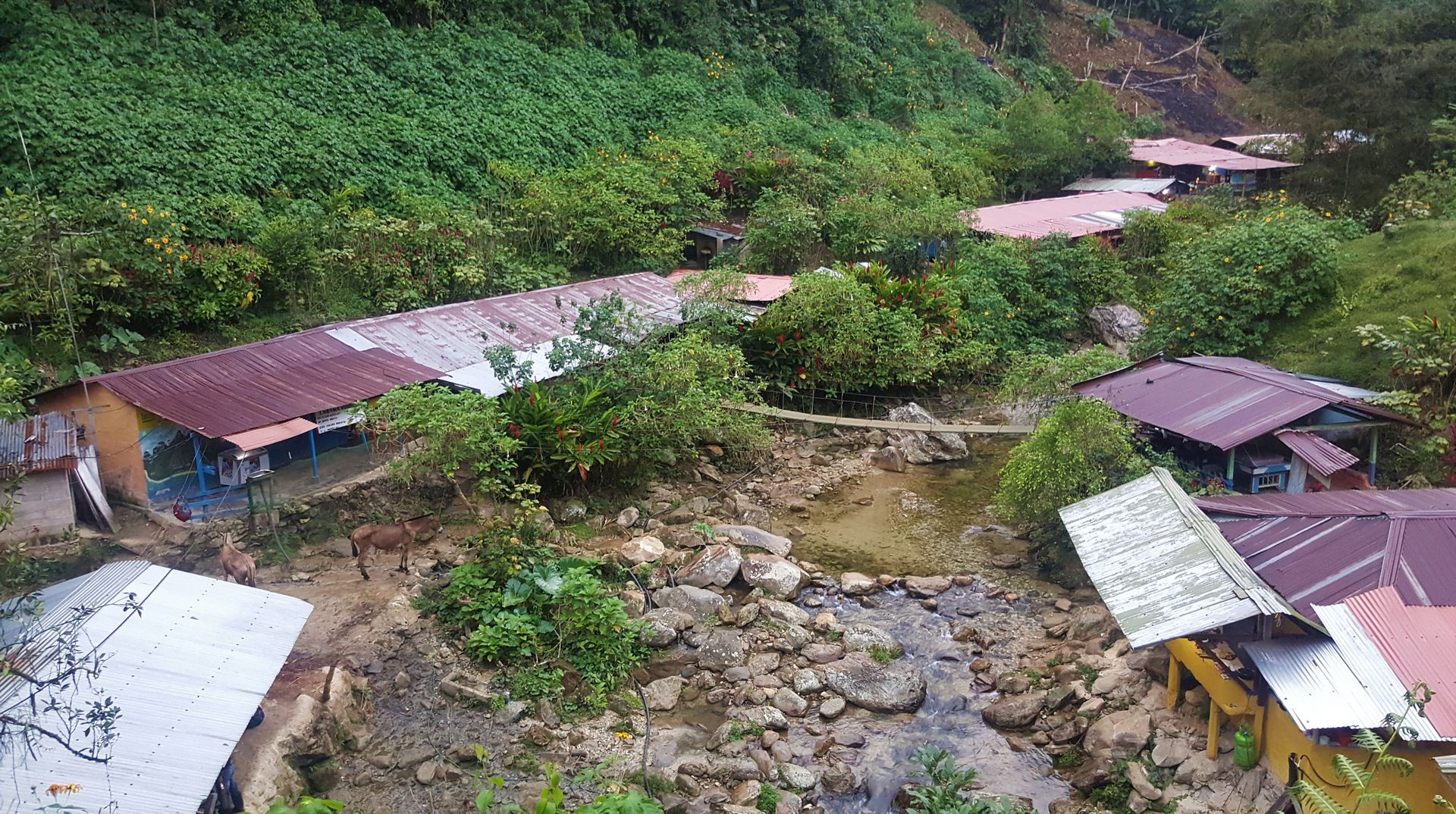
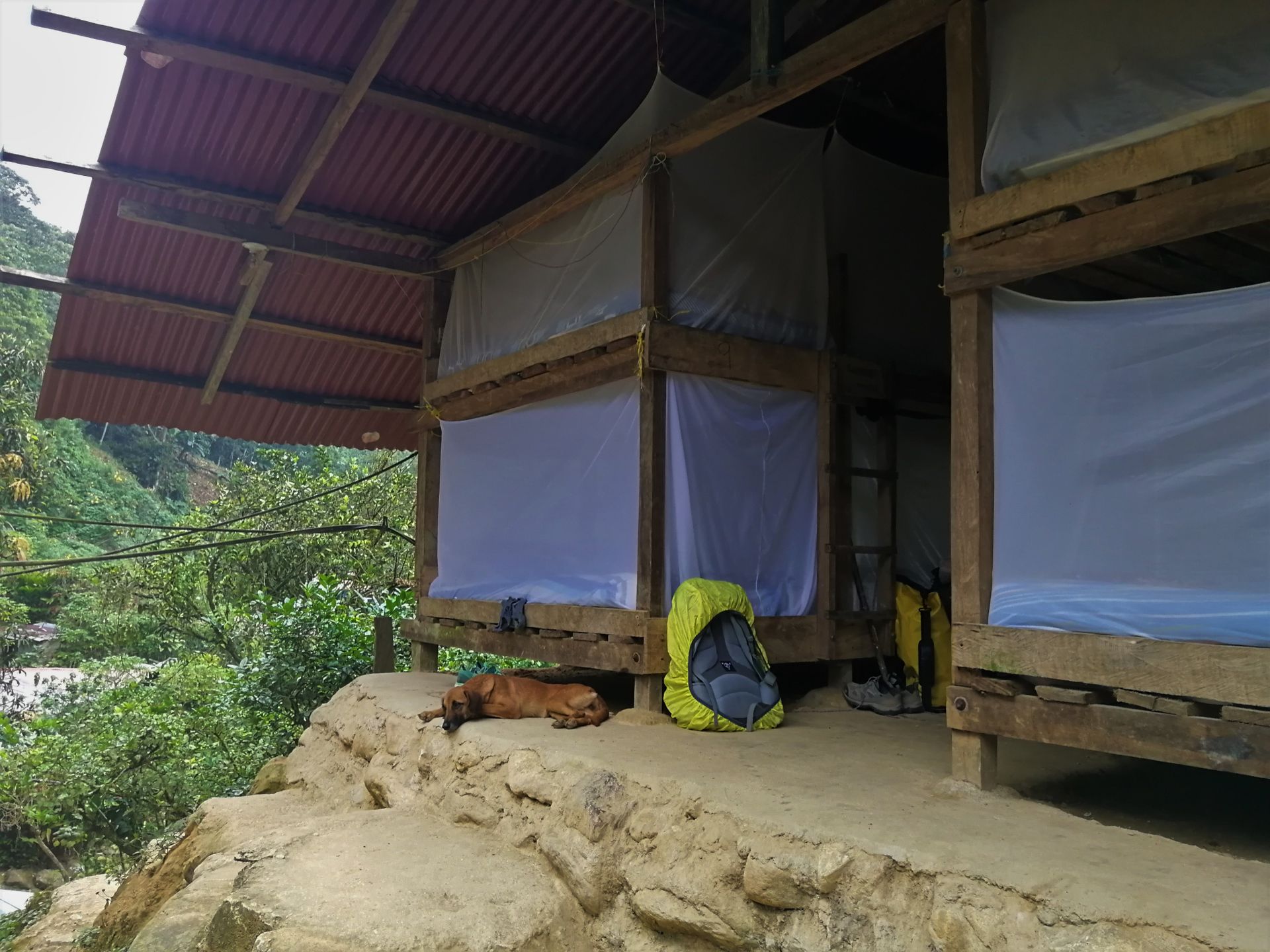
After about four hours, we finally reached our first camp. We each chose a bed and happily took off our hiking shoes. We slept in bunk beds lined up in the open air - there were no rooms, of course. But that was still better than the announced hammocks, and the mosquito net at least gave the illusion of privacy.
After the half-day hike, we were naturally covered in sweat and sticky, so before taking a shower, we went to the 'Piscina Natural' near the camp. This is a small natural pool located at the end of a waterfall. The water was quite cool, but it was a welcome relief for our tired muscles - we hadn't been on a hike for quite some time. To put on my swimming trunks, I went into one of the rustic, dark showers. I was looking for a light switch, but instead I discovered the outline of a huge spider on the wall. It was about the size of my hand from fingertip to palm. I called Emi into the shower without telling her what awaited her and went to the adjacent shower, which luckily was spider-free. I only heard Emi say 'ARE YOU CRAZY' and soon other people gathered around the shower to see the creature. Before dinner, which consisted of fresh fish with rice and grilled plantains, we took a proper cold shower - as always, with cold water. The day ended fairly quickly after that, as we were completely tired and went to bed between 7 and 8 pm.

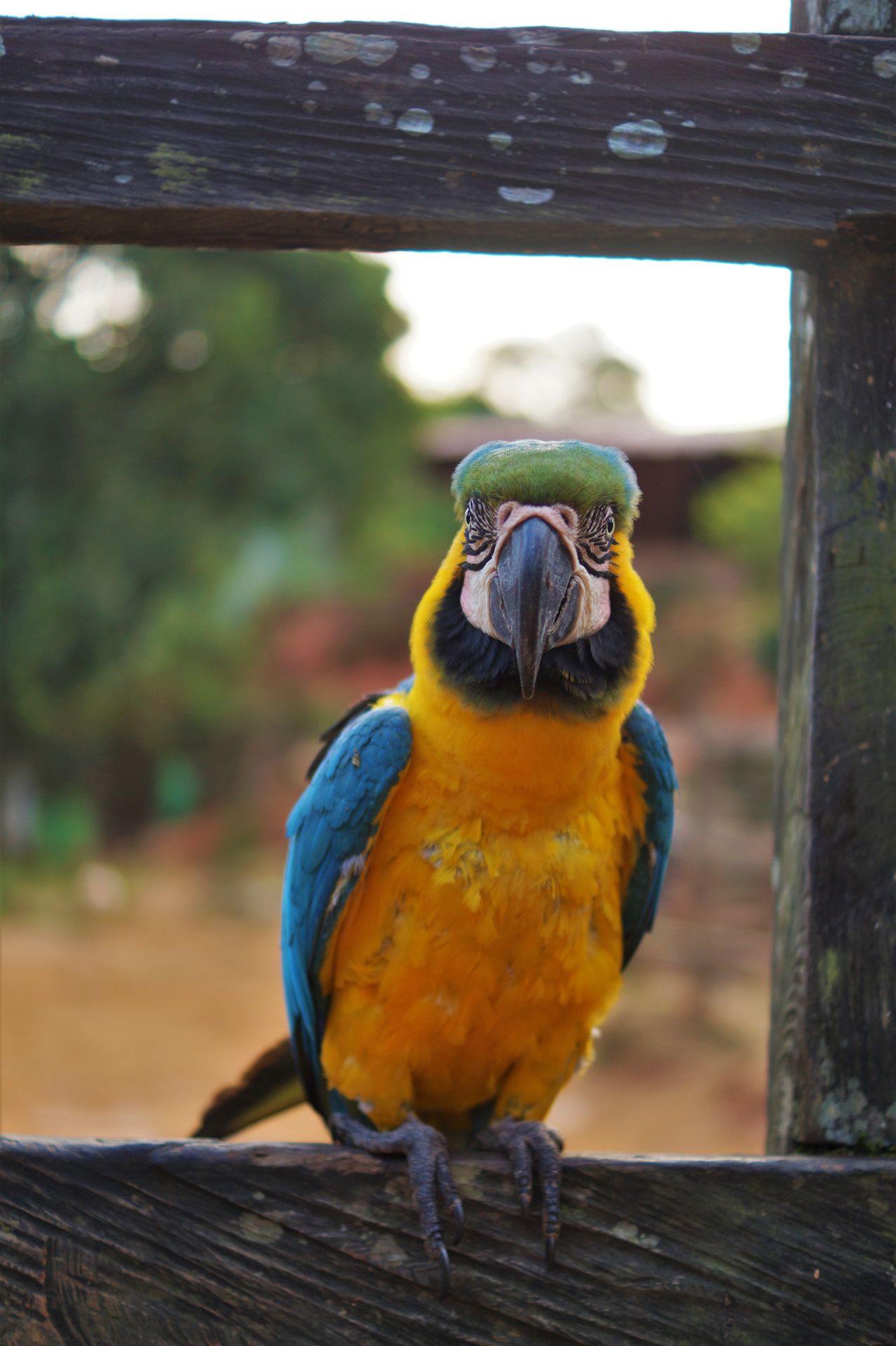

The second day started at 5 am. We had surprisingly slept well and didn't have any issues with mosquito bites (yet). In the darkness, we packed our few belongings, had breakfast with our group, and set off shortly after 6 am. Javier set a brisk pace again, as on this day we had to cover over 14 km on foot. We hiked through lush green rainforest, had to cross the river several times in knee-deep water, and passed through a village of the indigenous ethnic group called the 'Kogi'. Javier told us many interesting facts about the indigenous peoples - in addition to the Kogi, the Sanhá, Kankuama, and Ika also live in the area - who have inhabited the Sierra Nevada de Santa Marta for over 1,000 years. Among the bushes, we suddenly spotted three little indigenous kids, who watched us with curiosity just like we watched them.

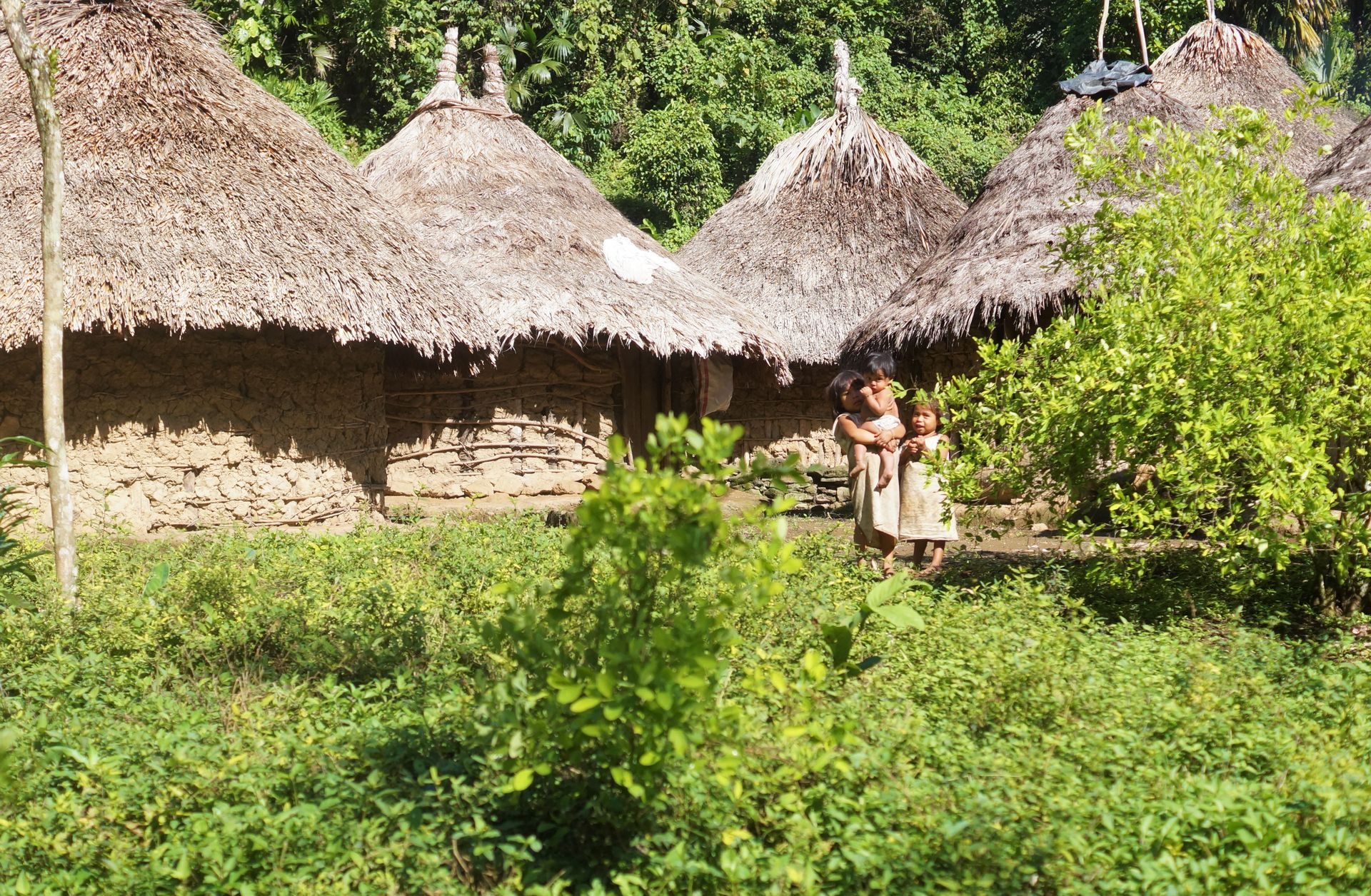
The Kogi people actually look exactly like you would imagine indigenous people - cocoa-brown skin and long black hair. They are forbidden to cut their hair, and they all wear the same white garment. Not necessarily advantageous when you're walking in the mud all day - you could easily see who was wearing fresh clothes. With the children, it is sometimes impossible to tell their gender, as both wear the same little dress. The only visual distinguishing feature is their accessories: boys carry a shoulder bag, and girls are adorned with many necklaces.

During the short breaks, we were always provided with different fruits - for example, pineapple, orange, or watermelon. The fruit not only tasted excellent but also activated our increasingly tired muscles.

During the lunch break, we had the opportunity for the first time to enjoy the incredible beauty of the surrounding nature. We were in the middle of the jungle, and everything was just green. We could also go into the water, and we used the cold water to cool off a bit. The served food was extremely delicious given the circumstances in which it was prepared and gave us new energy for the second leg of the day in the afternoon. However, the four and a half hours of hiking were not as easy on our legs anymore. Additionally, at this point, Emi already had blisters on both of her little toes, which had become larger and more painful over time.
Especially the last hour - with the camp already in sight - was torture. After our arrival, we immediately opened a cold beer to counteract the muscle soreness. With a delay of over an hour, the Dutch woman finally arrived at the camp. After these one and a half days, she was so exhausted that she just slept, didn't eat anything, and gave her husband instructions on what he had to do for her. I felt sorry for him somehow...
After an extremely cold shower, we discovered the main attraction in the camp - a little piglet. It happily sniffed around, and all the tourists, especially the female ones and Emi in particular, gave the little creature their full attention.
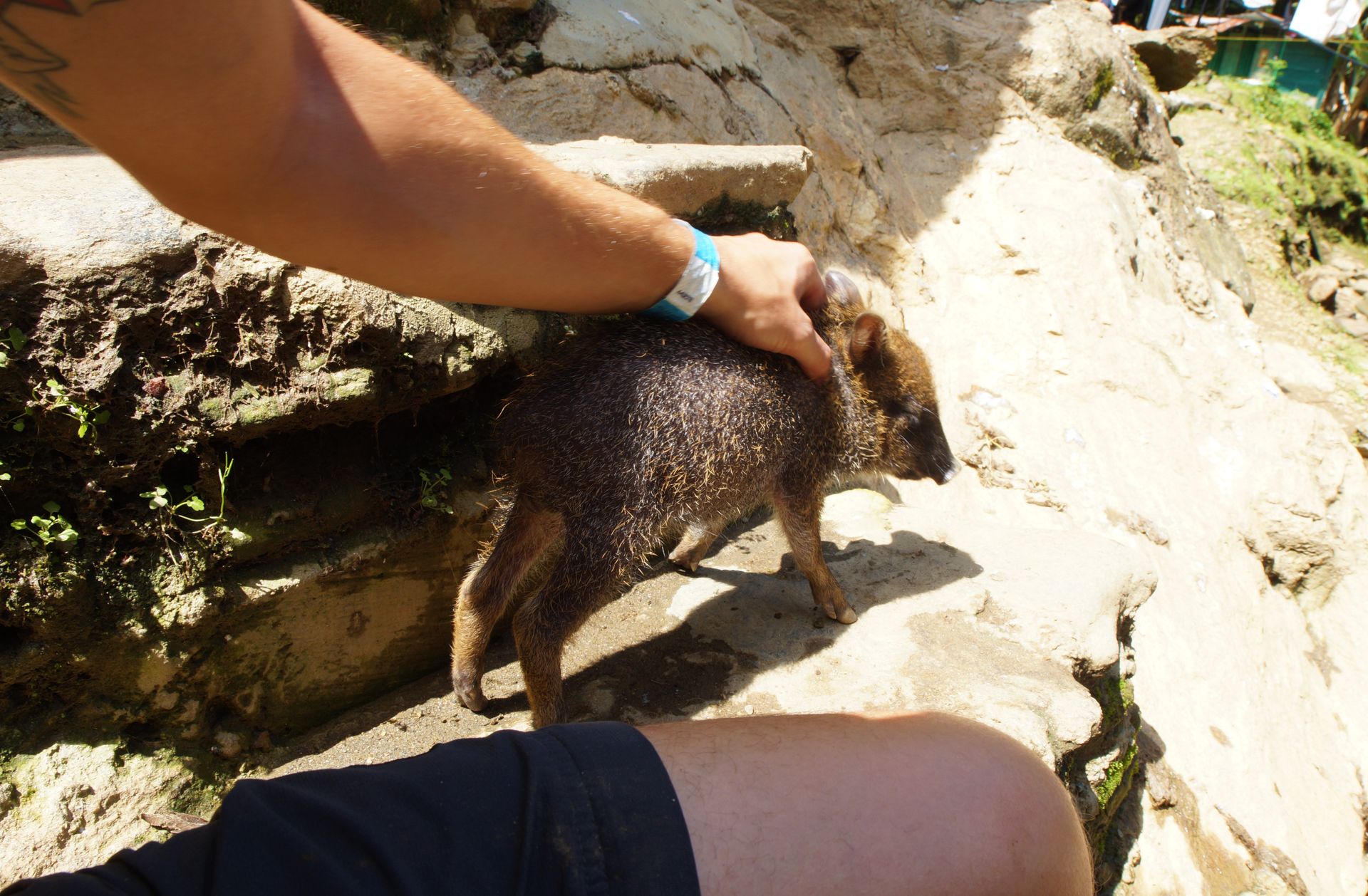
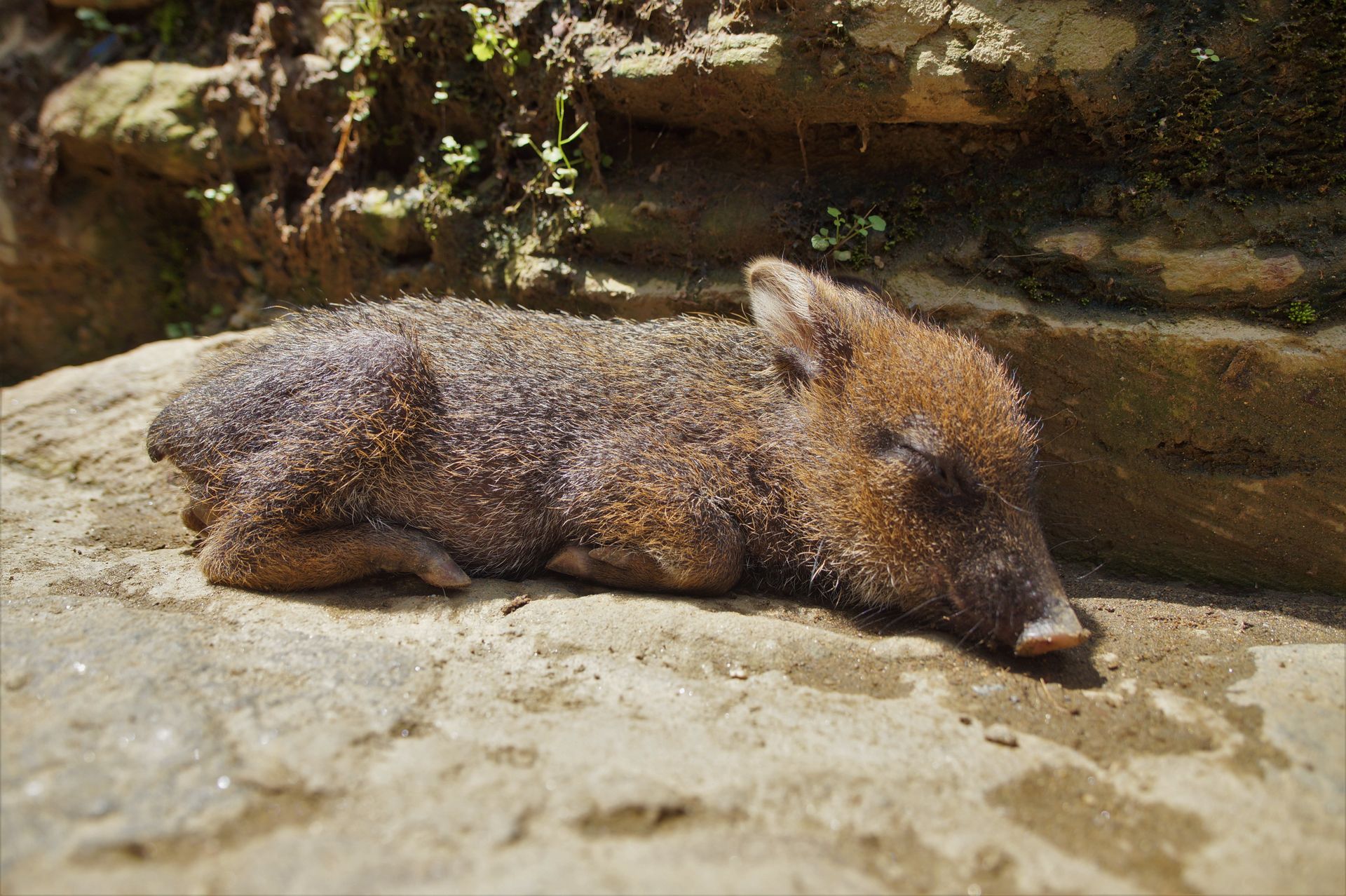
That evening, we treated ourselves to a few more beers - after all, we had been on our feet for 8.5 hours that day - and chatted with Howie and other group members. Howie has only recently been working as a translator for the Ciudad Perdida tour operator. Before that, he had done all sorts of jobs alongside his studies - his highlight: dog groomer. I wanted to ask him what the heavily armed military camp next to us in the jungle was for. He said that 15 years ago, some tourists were kidnapped by a paramilitary group, and since then, the military has been patrolling this area. It's slowly becoming clear to me why Colombia has had problems in the past with drug cartels or paramilitary groups: the jungle simply offers the perfect place to engage in illegal activities undisturbed.
On the second day, we went to bed again around 8 pm, because the next morning we had to wake up very early again. At 10 pm, I woke up for the first time because I had to go to the bathroom - at that time, the whole camp was already asleep.

We were awakened again at 5 am. To my surprise, we didn't have any muscle soreness on the last day either, and after breakfast, we had a lot of energy. Maybe it was also just the goal in sight, but the hike was fun in the morning. Even the initially muddy ascent couldn't dampen our spirits.
Emi, however, had a setback. Until the last day, we had largely been spared from mosquito bites. But now, Emi's legs were suddenly covered in bites - she counted 40 of them! They not only itched like hell, some were also swollen and some had become inflamed and formed strange blisters. This circumstance contributed to our desire to finish the last stretch as soon as possible.
After the first half, there was another short break with a little snack. However, we didn't stay there long, but set off together for the final destination. At some point, we finally made it: after nearly 50 km and almost 24 hours of effective hiking time, we were the first ones to arrive in Machete at the restaurant where we had started three days earlier. Well, almost the first ones - the Dutch woman was already sitting there, sleeping with her head on the dining table in a familiar pose. At this point, she could no longer even stand or walk more than a few steps and had to be transported to Machete by mule and motorcycle for a considerable additional cost.
As a reward, we enjoyed cold beer again and a delicious portion of fish. After a three-hour car ride, we finally reached our hostel in Santa Marta again and were able to recover from the exertions of the past few days.
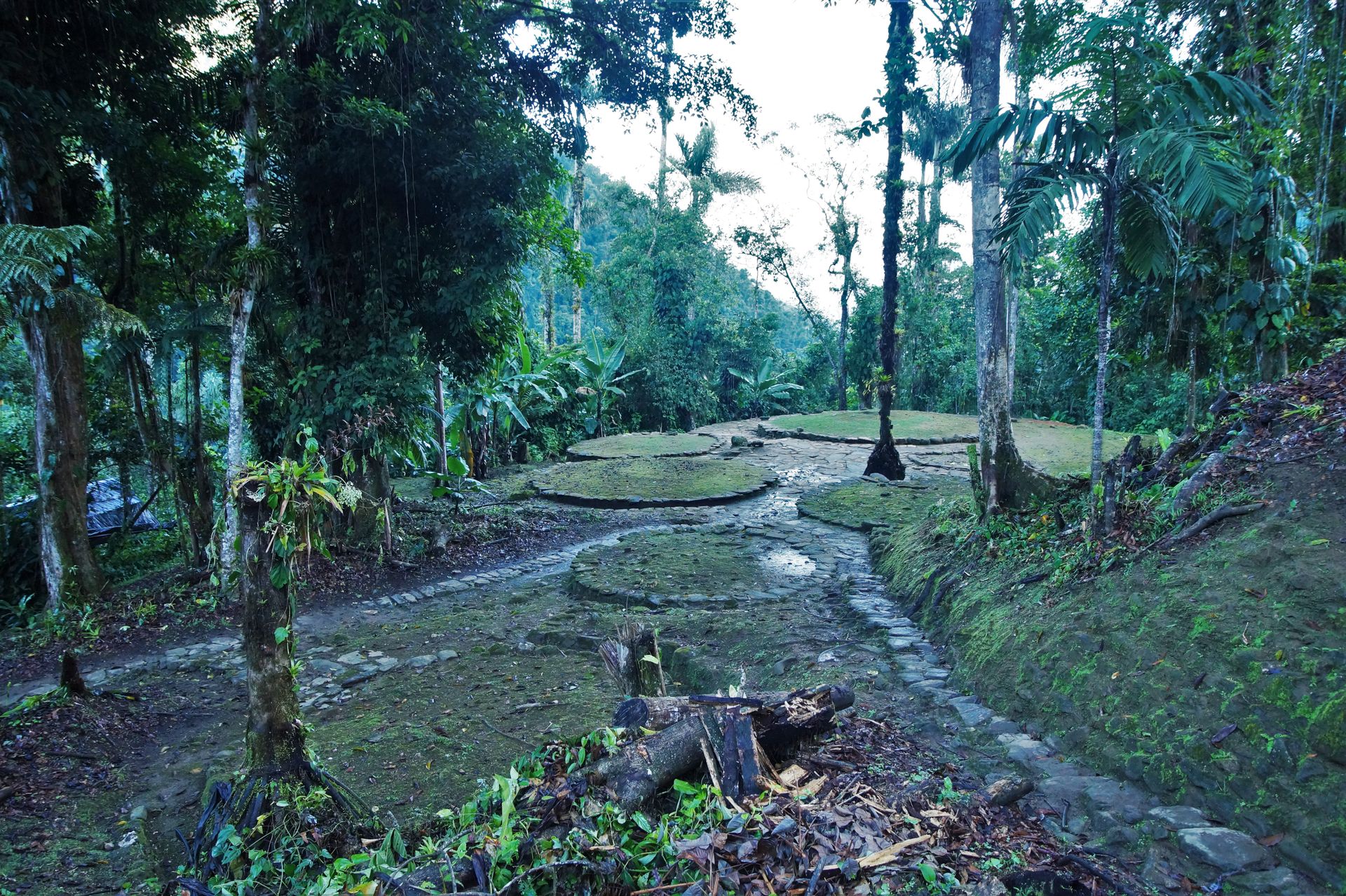
Conclusion:
Was the whole way and the hardships worth it? Well, there's not much left of the Lost City, and you won't find impressive stone structures like those in Machu Picchu or Angkor Wat. But the landscape is unbeatable. I would say the journey is the destination. The whole hike is an adventure in itself and a good athletic challenge that we may have underestimated a little. You are rewarded with a beautiful tropical rainforest and mountains covered in lush green. If you have no problem sacrificing the usual comforts for a few days and feel physically capable of covering the 50 km hiking distance in 3.5 days, we can highly recommend the Ciudad Perdida tour!
Furthermore, it was an exciting and educational experience to observe an indigenous ethnic group in their very modest living environment - it is always astonishing how little one can get by with!
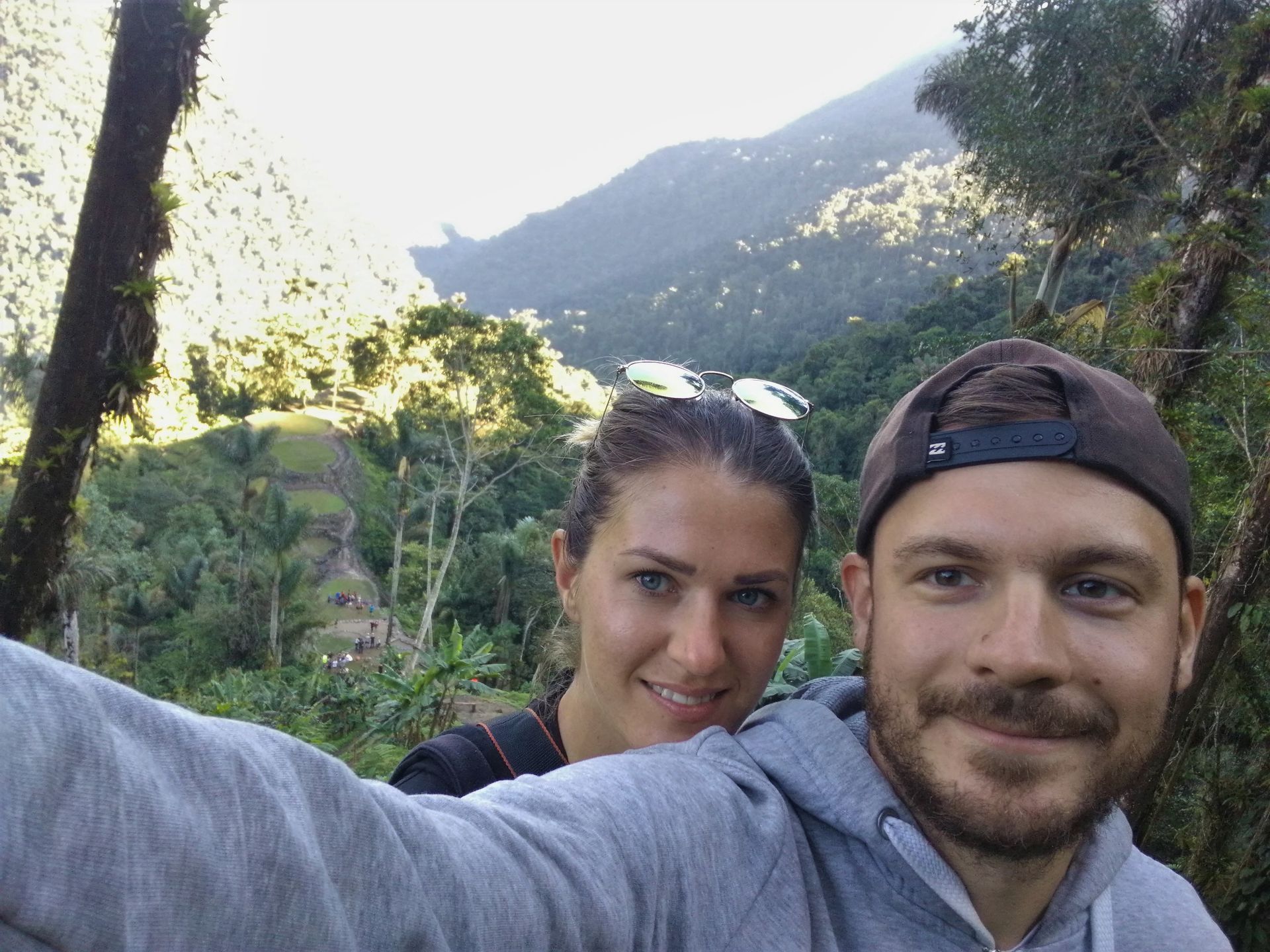
Hasta pronto!
E&L
>> Next stop: Palomino <<
Iscriviti alla Newsletter
Risposta
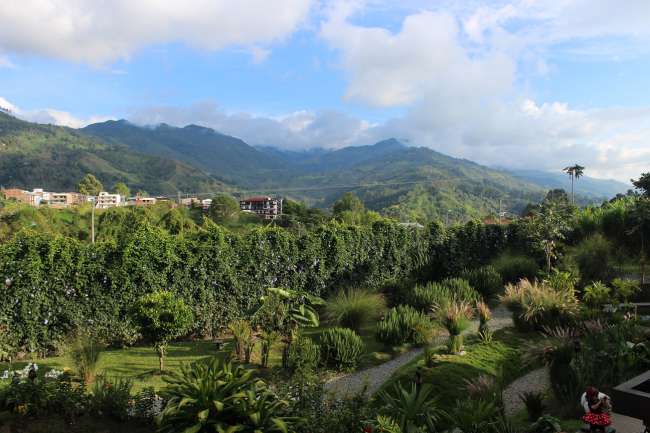
Rapporti di viaggio Colombia
